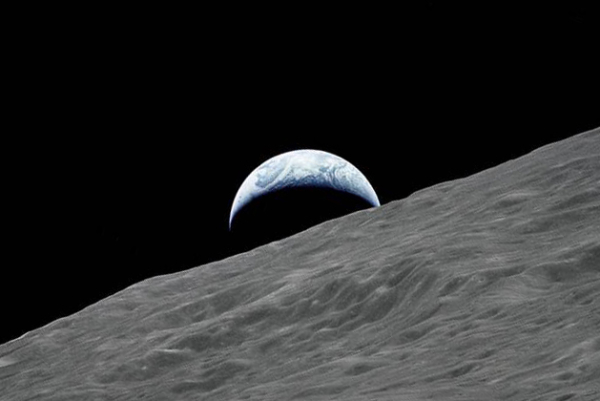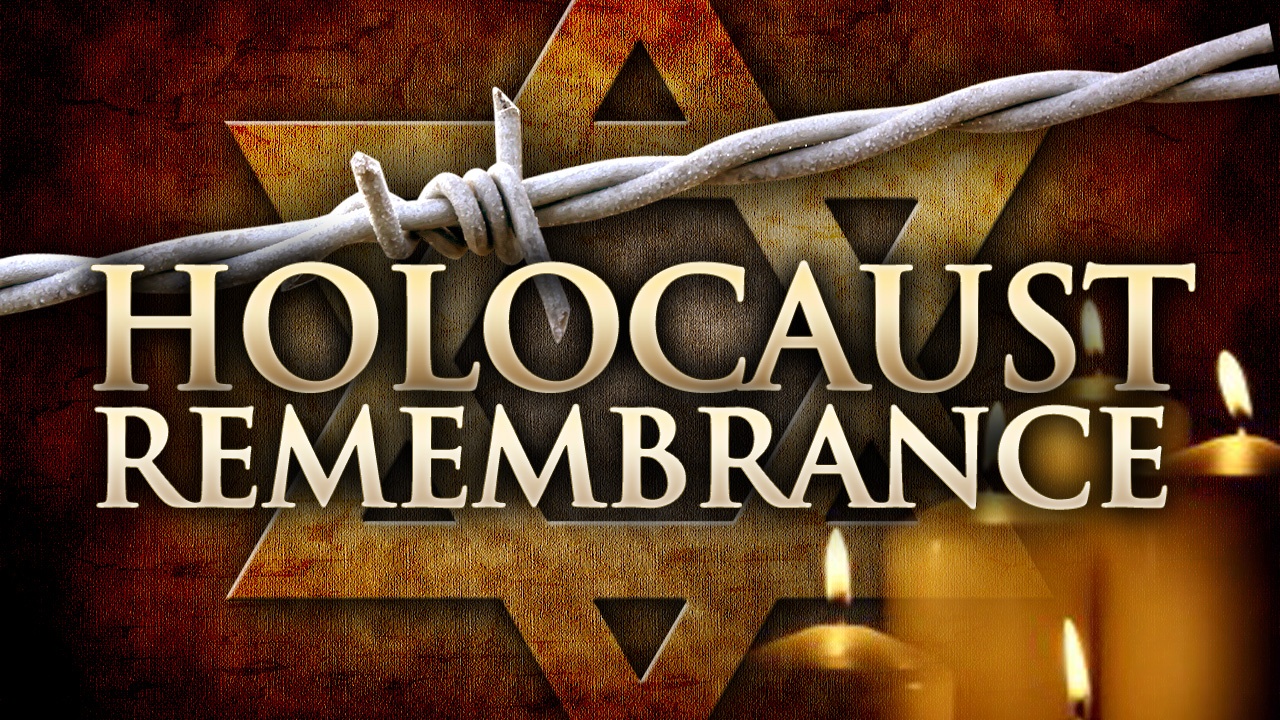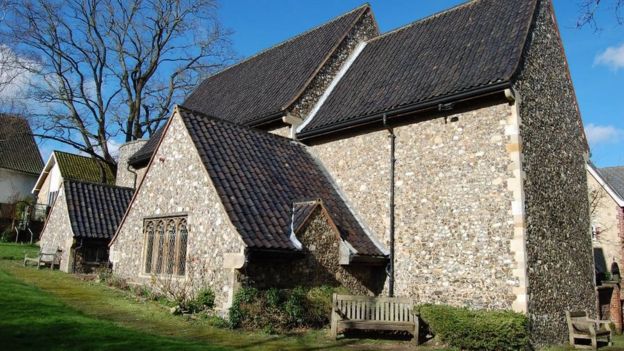O Loving God, by the resurrection of your Son Jesus Christ on that first Easter Sunday, you conquered sin, put death to flight, and gave us the hope of everlasting life: Redeem all our days by this victory; forgive our sins, banish our fears, make us bold to praise you and to do your will; and steel us to wait for the consummation of your kingdom on the last great Day; through the same Jesus Christ our Lord. Amen.
Andrew was watching his father, a priest, write a sermon for the Easter service.
'How do you know what to say?' Andrew asked. 'Why, God tells me', his father replied.
Andrew thought about it then said, 'Oh, then why do you keep crossing things out?'
On Good Friday, we thought it was death, despair, isolation, brokenness.
But God has crossed out all of that and has written in love and life!
When Mary Magdalene and the other Mary go to see the tomb that first Easter morning, they anticipated the stench of death. They had watched from a distance Jesus die on the cross. They watched Joseph of Arimathea & Nicodemus bury him in a tomb. Now they were going as their faith dictated. They did not anticipate that a great earthquake would happen and an angel of the Lord would sit on the stone which was rolled back! But then it happened, and the angel said to them: Do not be afraid. Remember what he said! - He is not here – he has been raised – go and tell the disciples – he will see them in Galilee. And they leave with both joy & fear for what has taken place.
When they encounter Jesus along the path back to the disciples, Jesus says to them, do not be afraid and go & tell. Easter is here, be free from the fear, go and tell others, live, Jesus says to them.
God has crossed out death and has written love and life!
It may seem to us, as we continue to live isolated by Covid-19, a hard thing to celebrate today. Easter and life.
But the Church has lived through pandemics before and proclaimed he is risen!
Julian of Norwich wrote around 1373: “All shall be well, and all shall be well, and all manner of things shall be well.” And that can seem to be some pie in the sky understanding of life, but Julian knew death and plague and social distancing.
When Julian was about 6 the Black Death (a bubonic plague pandemic) reached Norwich, England. By one estimate, the plague killed about 1/3 of the residents of the city. Such pandemics would continue to come back for the next couple of centuries wavering in their severity and the numbers infected.
Sadly, one of the side effects of these constant pandemics, was the fear of contagion, and the blame was laid at the feet of minorities, religious minorities like the Jewish people, as well as racial minorities who were attacked and blamed for the plagues. Today, we see such nonsense in our fears, blaming certain minorities, even as we supposedly understand how (bacteria and) viruses work.
Do not be afraid. The angel said to the women at the tomb. Do not be afraid said Jesus to the women heading back to tell the disciples.
Do not be afraid Jesus says to us today as we stay home and keep our space away from others.
For God has crossed out death and has written love and life!
We don’t know much about Julian’s life, it is believed she was a widowed mother, who might have lost her family in one of the plagues. She then became an anchorite (a type of hermit) and lived at St. Julian’s Church in Norwich. She lived in a cell separated from others.
Dr Janina Ramirez, author of Julian of Norwich: A Very Brief History, said: "Julian was living in the wake of the Black Death, and around her repeated plagues were re-decimating an already depleted population. I think she was self-isolating. The other anchorites would have understood that by removing themselves from life this would not only give them a chance of preserving their own life but also of finding calm and quiet and focus in a chaotic world. I have never felt she was more relevant."
When Julian turned 30, she became very sick, and last rights were given to her. But on her bed she was given a gift from God, she had a series of visions from God. She recovered from her sickness and the Revelations of Divine Love were written down first in 1373 and later a longer text by 1393. The earliest surviving book in the English Language written by a woman.
What amazes me, is the comfort she had in those visions. She had suffered so much in her life, and yet what God gave her was an Easter proclamation about divine life and love.
Christ did not say, ‘You shall not be perturbed, you shall not be troubled, you shall not be distressed,’ but he said, ‘You shall not be overcome.’ – Julian professed in her writing.
But she also saw the love God gave to creation…
And in this he showed me a little thing, the quantity of a hazel nut, lying in the palm of my hand, as it seemed. And it was as round as any ball. I looked upon it with the eye of my understanding, and thought, 'What may this be?' And it was answered generally thus, 'It is all that is made.'
I marveled how it might last, for I thought it might suddenly have fallen to nothing for littleness. And I was answered in my understanding: It lasts and ever shall, for God loves it. And so have all things their beginning by the love of God. In this little thing I saw three properties. The first is that God made it. The second that God loves it. And the third, that God keeps it. But what is this to me? (from Revelations to Divine Love)
God has crossed out death and has written love and life for God made it. God loves it. God keeps it.
So what might this say to us celebrating Easter in the midst of Covid-19, of a feeling we are still living our tombs?
On that dark morning, long ago, Mary Magdalene and the other Mary left to see the tomb. But it was empty. Even in our separation, we must not let the tomb define us.
Do not be afraid.
Julian wrote from her vision… All shall be well, all shall be well... For there is a Force of love moving through the universe That holds us fast and will never let us go.
She had seen the worst of life and death, but also had seen God in the midst of it all, still loving her and that truth is still true today.
‘Do you want to understand your Lord’s meaning in this experience? Understand it well: love was his meaning. Who showed it to you? Love. What did he show you? Love. Why did he show it? For love. Hold yourself in this truth and you shall understand and know more in the same vein…
God has crossed out death and has written on that Eater Sunday long ago:
Life and love.
And in this time of pandemic, God is still with us, still writing love and life even in the midst of death and separation.
Our faith means more than ever that we shout out that truth:
Alleluia! Christ is risen. The Lord is risen indeed. Alleluia!
Amen.









